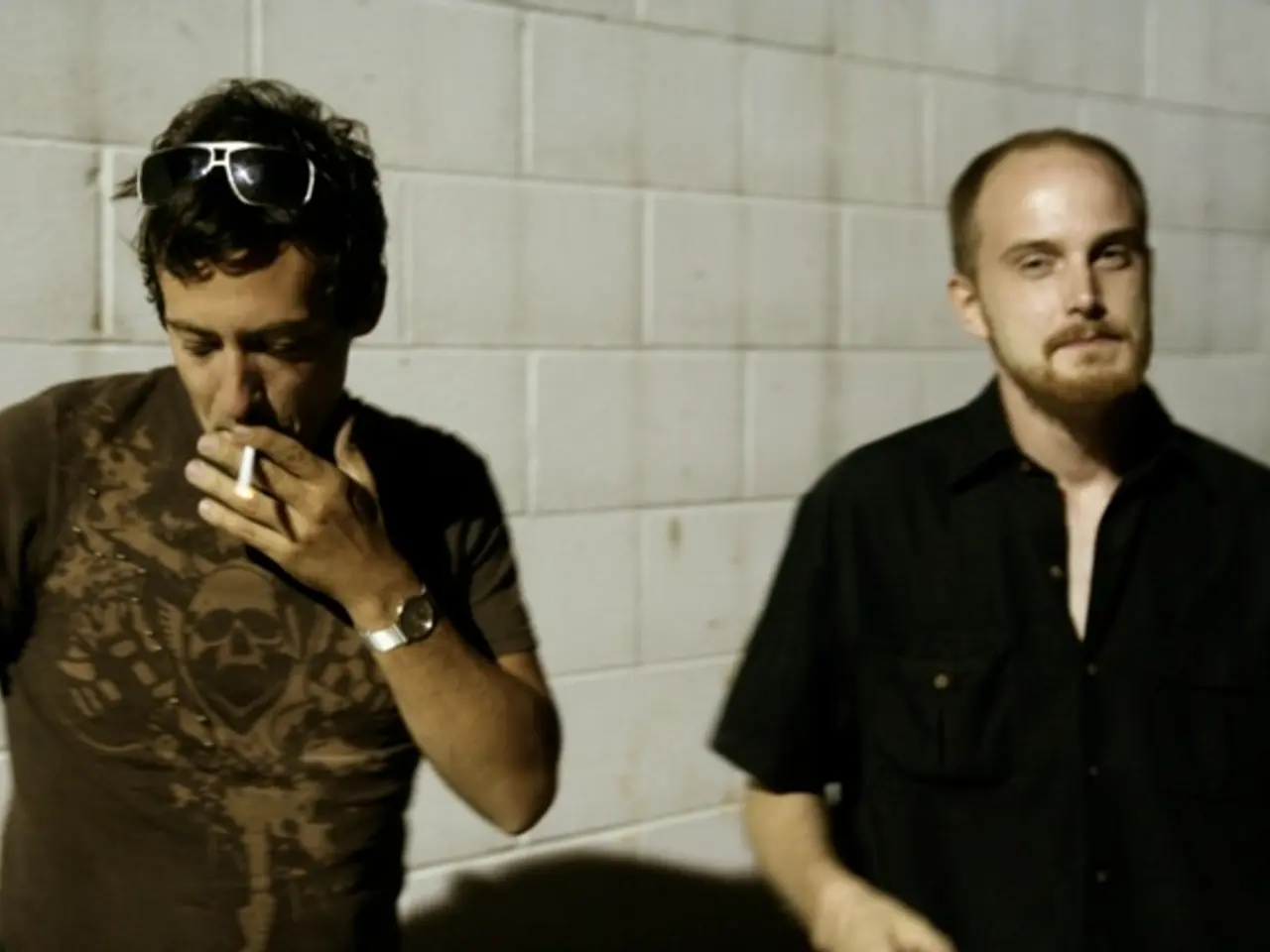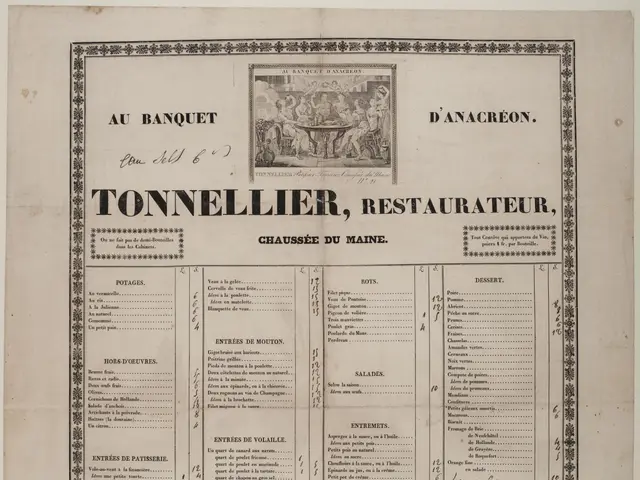Illicit tobacco trade surge in South Africa underscores global requirement for efficient product tracking and monitoring systems
In the fight against the booming illegal tobacco trade in South Africa, tobacco control advocates are pushing for the implementation of a WHO-compliant track-and-trace system. This system, which would monitor cigarettes from factory floor to retail shelf, is crucial in the battle against the illicit trade that accounts for over 70% of the market, causing an annual loss of approximately $1.69 billion to public coffers.
The proposed system would be an independent dual physical-digital track-and-trace system, in contrast to digital-only systems favoured by tobacco companies. Such systems, like the one currently in operation in the EU, have been heavily criticized and have failed to curb illicit tobacco trade, draining as much as €20 billion in tax revenue every year.
The South African government has signed the WHO's ITP Protocol, which calls for all member-states to adopt track-and-trace systems independent of the tobacco industry. Countries that have adopted similar systems, such as Kenya, Turkey, and Brazil, have seen increased tax revenue collection. For instance, Kenya's traceability system raised tobacco excise collections by more than 30% in its first year. Brazil and Turkey have also reported strong gains in tax revenue after implementing similar solutions.
However, the tobacco industry has been known to interfere with traceability systems to protect its profits from the very illicit trade it facilitates. In Europe, Big Tobacco has hindered the adoption of an independent, dual track-and-trace system. After pressuring the EU to exclude an independent track-and-trace solution from the last Tobacco Products Directive (TPD) review in 2014, Big Tobacco lobbied for a digital-only system.
The flourishing black market of illicit tobacco fuels organised crime and cripples legitimate businesses. Cheap illegal cigarettes continue to entice young South Africans, compromising public health goals of the government's draft tobacco bill. The failure to implement WHO-compliant track-and-trace systems with both digital and physical safeguards leaves governments compromised and Big Tobacco in control.
It is essential that South Africa takes decisive action to combat the illicit tobacco trade and secure its tax revenue. Adopting a WHO-compliant track-and-trace system would be a significant step towards achieving this goal.







